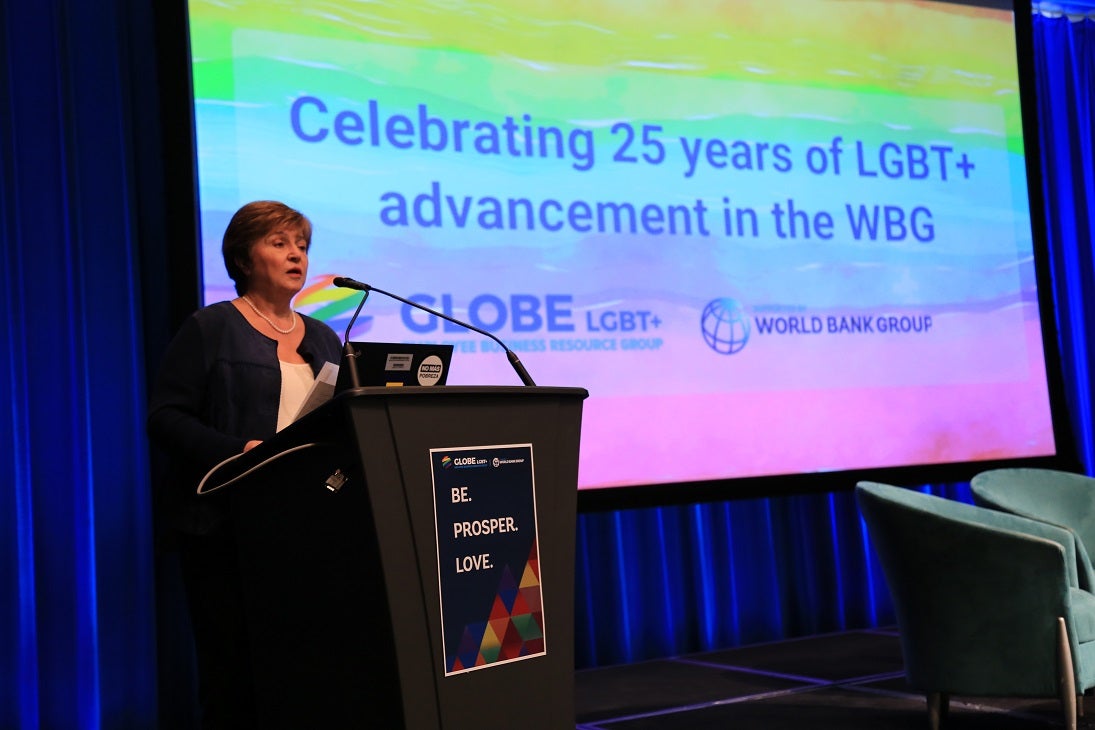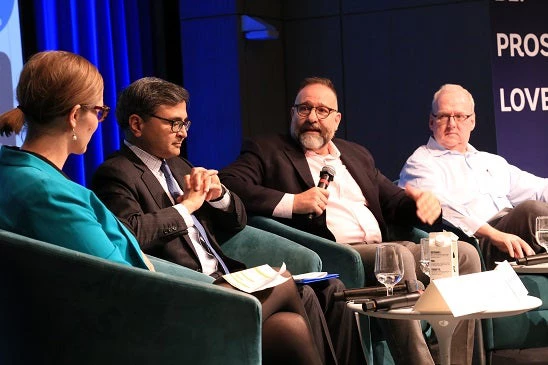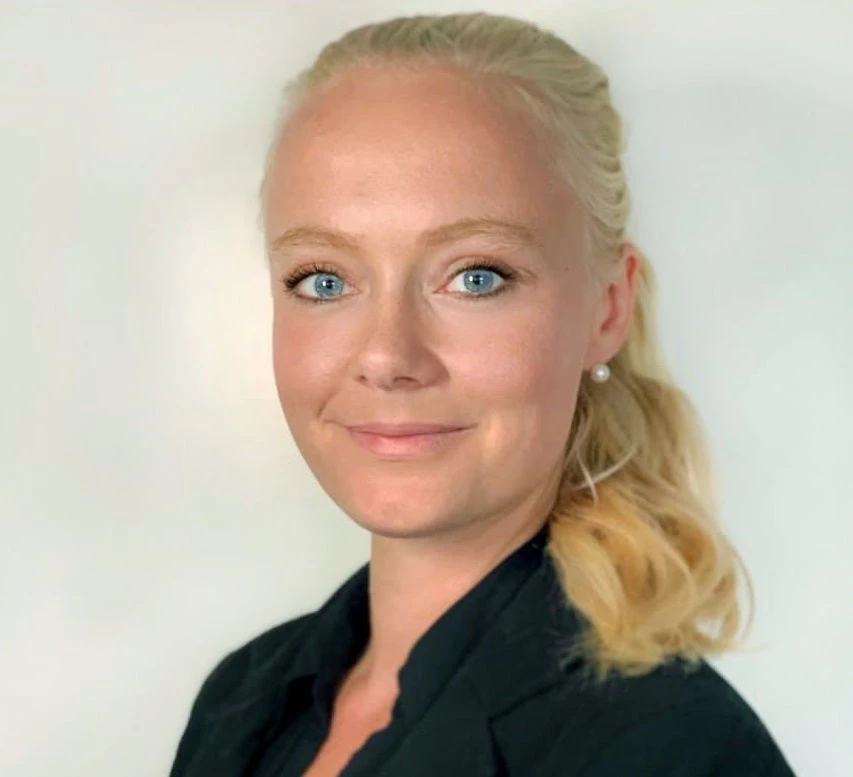
© World Bank
GLOBE, the World Bank Group Employee Resource Group for LGBT+ staff members, turned 25 this year. On February 19, we held a reception to celebrate our achievements in improving equality and protections for LGBT+ employees at the World Bank Group and discuss the challenges that are ahead of us.
We are a group of LGBT+ employees and allies who have been doing this work for the last 25 years. GLOBE stands on three legs. Firstly, we are a community for LGBT+ staff and employees and allies, secondly we work closely with our partners in HR to make this a more inclusive workplace, and thirdly we work on sexual orientation and gender identity in operations.
“I have personally seen how having GLOBE in existence has made the Bank a better place,” Kristalina Georgieva, Interim World Bank Group President and World Bank CEO, said in her remarks at the event. “My congratulations to you for not only building a community at the World Bank Group, but also for making it a more inclusive place for the people we serve, with the right ideas for development.”
With GLOBE’s support, health insurance coverage was extended to same-sex domestic partners in 1998, G4 visas were granted for same-sex domestic partners in the early 2010s, and child planning benefits for same-sex couples were included in 2016. From early this year, the medical insurance plan now covers gender affirming surgery for all staff and dependents.
“The Bank has been on the cutting edge of LGBT+ issues, where it should be. That makes me very proud of being part of GLOBE and part of the World Bank,” said former GLOBE president John Bryant Collier during a panel discussion, which Ann-Sofie Jespersen, our current GLOBE president, facilitated.

GLOBE’s achievements also include working with the Human Resources Unit for emergency HIV/AIDS funding for staff in the 1990s, as well as launching a Bank-wide LGBT+ workplace climate survey in 2011, which was repeated in 2015 and is to be held again later this year. GLOBE has also partnered with HR’s Diversity & Inclusion team on drafting a LGBT+ staff resource guide and improving resources and protocols to support LGBT+ staff in situations when their safety is compromised.
“We have come a long way in the form of policies and benefits and inclusion in operations, but there is still a lot of work to do,” said Monish Mahurkar, the International Finance Corporation’s Vice President for Corporate Strategy and Resources. In the 2015 workplace Climate Survey, many LGBT+ employees said they did not tell anyone at work that they belong to the LGBT+ community out of fear of harassment and a negative impact on their professional career.
“One thing that I adore about the World Bank Group is our diversity: people coming from different cultures, different countries, different beliefs and different sexual orientations and gender identities,” said Kristalina Georgieva. “These advances in the last decades are important for us as an institution, but they’re even more important because if we do them in our home institution, we have a leg to stand on while engaging with our clients. (…) In 69 countries, consensual gay sex is outlawed. That means criminalizing people just for loving each other!”
LGBT+ inclusion in World Bank Group operations
Nearly 2.8 billion people live in countries where identifying as LGBT+ is subject to discrimination, criminalization, and even death. In the past five years, the Bank Group has made remarkable progress on building the evidence necessary to underpin policy decisions and promote LGBT+ inclusion in programs. In 2014, the World Bank conducted a first-of-its-kind study in India that helped quantify the costs of LGBT+ exclusion. It has led to similar studies in Thailand and countries of the Western Balkans on discrimination, exclusion, and violence toward LGBT+ people.
“None of the advancement in sexual orientation and gender inclusion in World Bank Group operations could have been possible without the advocacy by folks from the executive director offices, by people in senior management, by civil society, and by GLOBE,” said SOGI Global Advisor Clifton Cortez.
The event at the World Bank Group headquarters in Washington, D.C. celebrated GLOBE’s numerous achievements since it started in 1993. Members in country offices watched via a livestream, and both the in-person and online audiences participated with questions.
Despite the progress, there is still much to do for LGBT+ inclusion, both within the World Bank Group and in operations. GLOBE will continue its work for equality. We think the Bank Group should lead on LGBT+ inclusion and leave no one behind.
Get involved in a group that advocates for this in your workplace, or in society at large.
World Bank Group GLOBE board members contributed to this post.


Join the Conversation